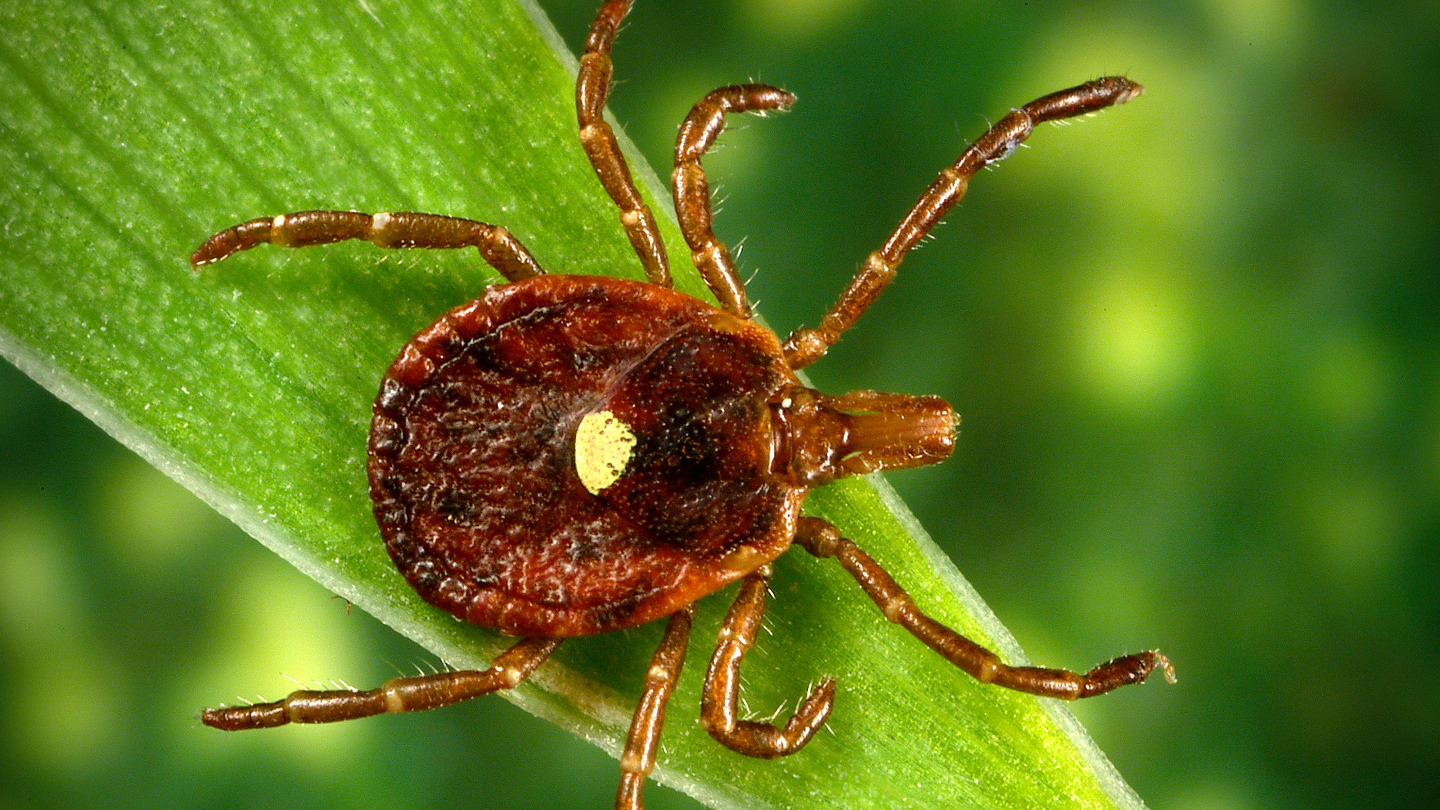Killam & Bassette Farmstead in South Glastonbury was one of the Connecticut farms that saw an increase in business at the height of the COVID-19 pandemic.
“Twenty-twenty was just so unprecedented,” Chris Bassette, the owner of Killam & Bassette Farmstead, said. “We did very well. People tended to come here because they didn’t want to go to the big grocery stores so we offered an open-air solution that was safe.”
That is when Bassette said the farmstead started offering more options like local hummus, ice cream and kettle corn. That is in addition to Killam & Bassette’s farm-fresh produce, free-range eggs, and USDA all-natural pork and chicken.
“We are trying to meet that demand so that we have everything that everybody needs when they stop and shop with us, so we have increased what we offer and how much of what we offer,” said Bassette.
Get Connecticut local news, weather forecasts and entertainment stories to your inbox. Sign up for NBC Connecticut newsletters.
Business was good, so Killam & Bassette stayed open later in the year, until Valentine’s Day. Since reopening two weeks ago, a good number of customers are coming in compared to before the pandemic.
Other farms, like Karabin Farms in Southington, said they too were doing well during the pandemic, but since then business has fallen back to what it was in 2019.
At Savage Hill Cattle Company in Berlin, business also boomed in 2020, so much so that it led to a lag in butchering and processing, according to its owner Ryan Matson.
Local
Matson said there wasn’t enough infrastructure in the state to handle all the processing requirements.
Savage Hill just started to catch up when the JBS ransomware attack happened on Sunday. The attack forced the company to take systems offline.
JBS is the world’s largest beef supplier and the owner of Savage Hill said this hack is leading to another boom in business.



